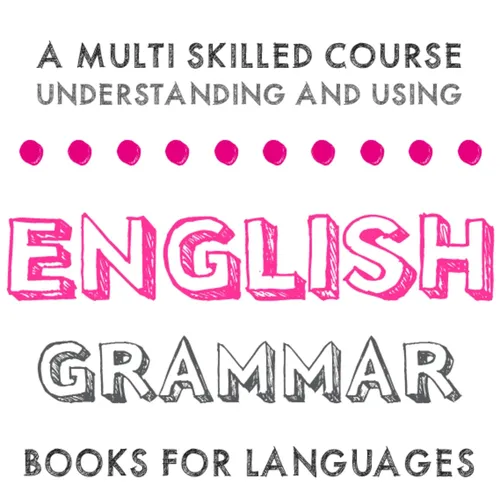
Books4Languages (English)
Open Educational Resources for Teaching and Learning English as Second Language which can be reused, modified, and shared and that provide unconstrained materials for the benefit and the enjoyment of others.
https://books4languages.com
- Update frequency
- every day
- Average duration
- 3 minutes
- Episodes
- 126
- Years Active
- 2019
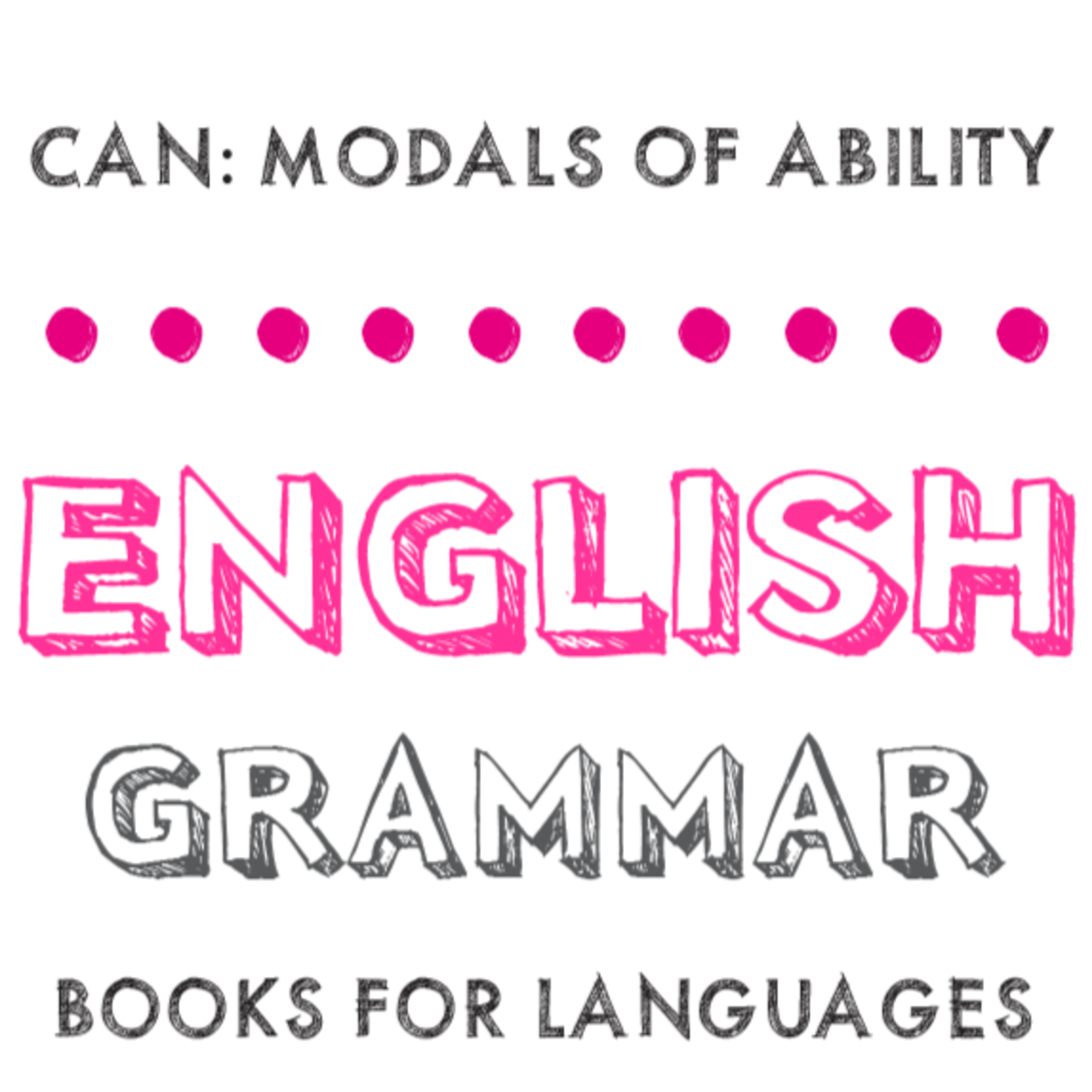
Can: Modals of Ability
English Grammar A1 Level: A modal verb is a type of auxiliary (helping) verb that has no meaning on its own but it modifies the main verb, changes its meaning and gives more details about the actio…
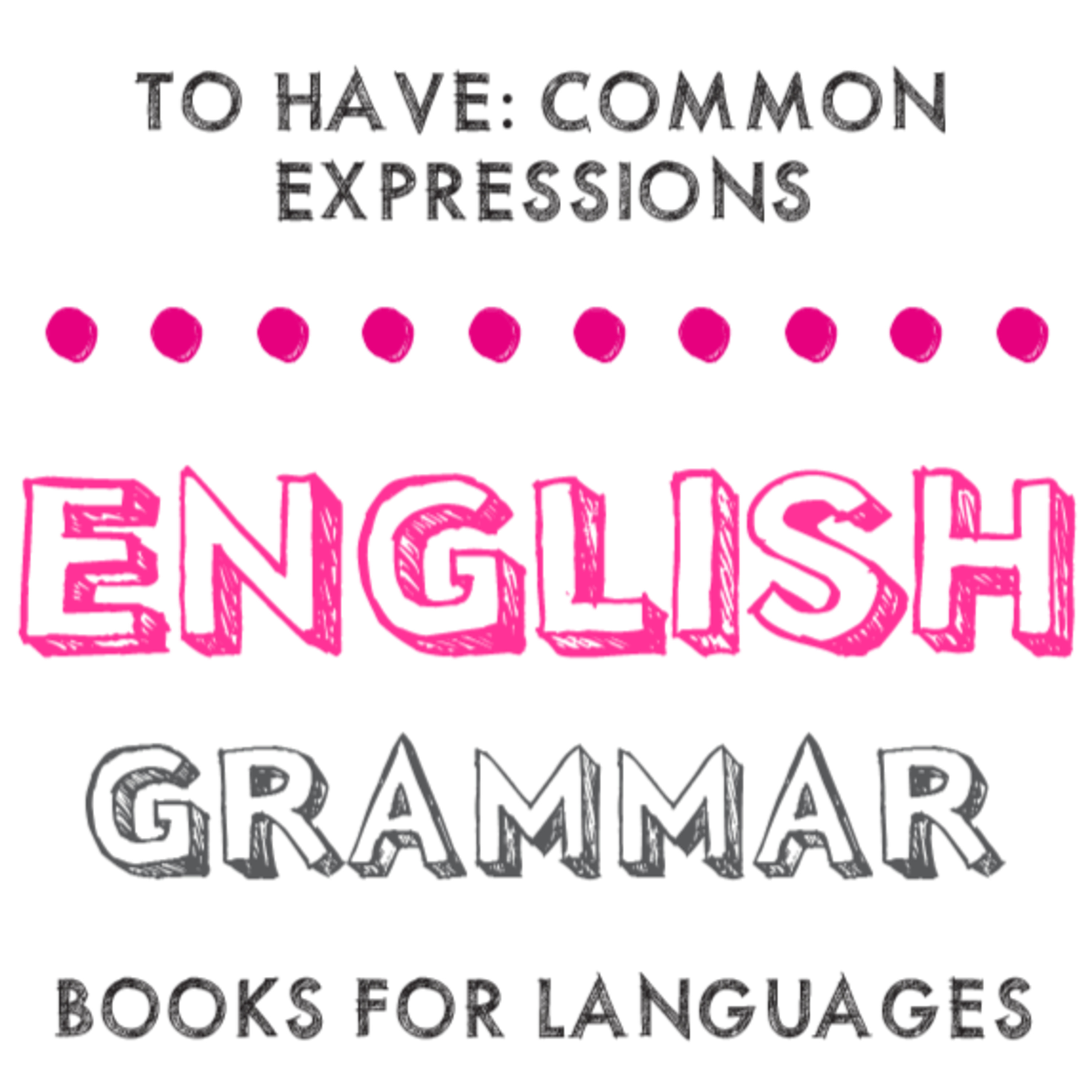
To have: Common Expressions
English Grammar A1 Level: We use the verb to have to form common expressions in informal communication.
https://open.books4languages.com/english-a1-grammar/chapter/to-have-common-expressions

Have and Have got Interrogative
English Grammar A1 Level: Have/have got is a verb used to express states like possessions, relationships, illnesses and characteristics of people and things.
When expressed in its interrogative form,…

Have and Have got Negative
English Grammar A1 Level: Have/have got is a verb used to express states like possession, relationship, illnesses and the characteristics of people and things.
When expressed in its negative form, th…

Have and Have got Affirmative
English Grammar A1 Level: Have/have got is a verb used to express states like possession, relationship, illnesses and the characteristics of people and things.
When expressed in its affirmative form,…
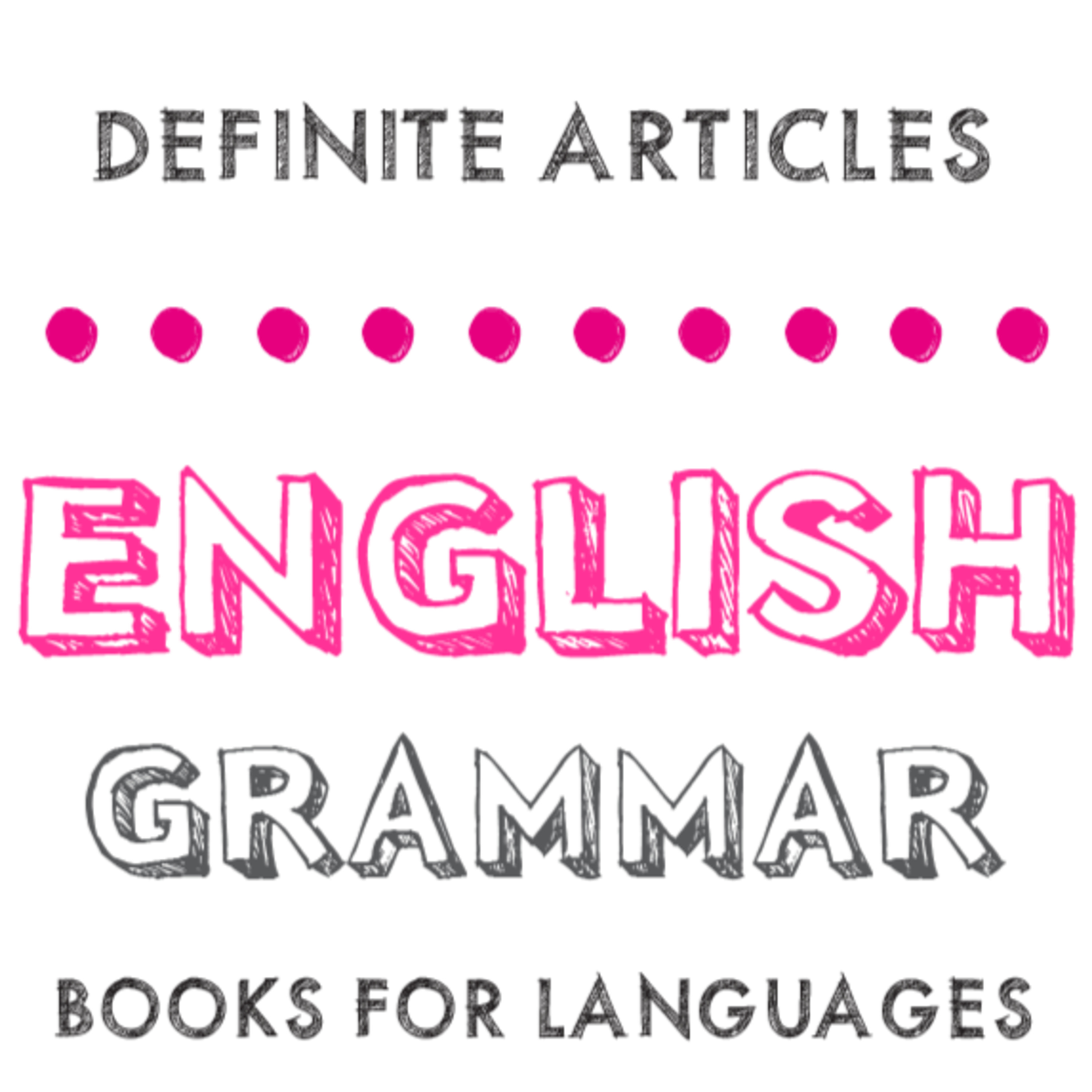
Definite Articles
English Grammar A1 Level: Articles are words that define nouns and they belong to the group of words called determiners. Essentially there are two kinds of articles: indefinite and definite.
We use t…
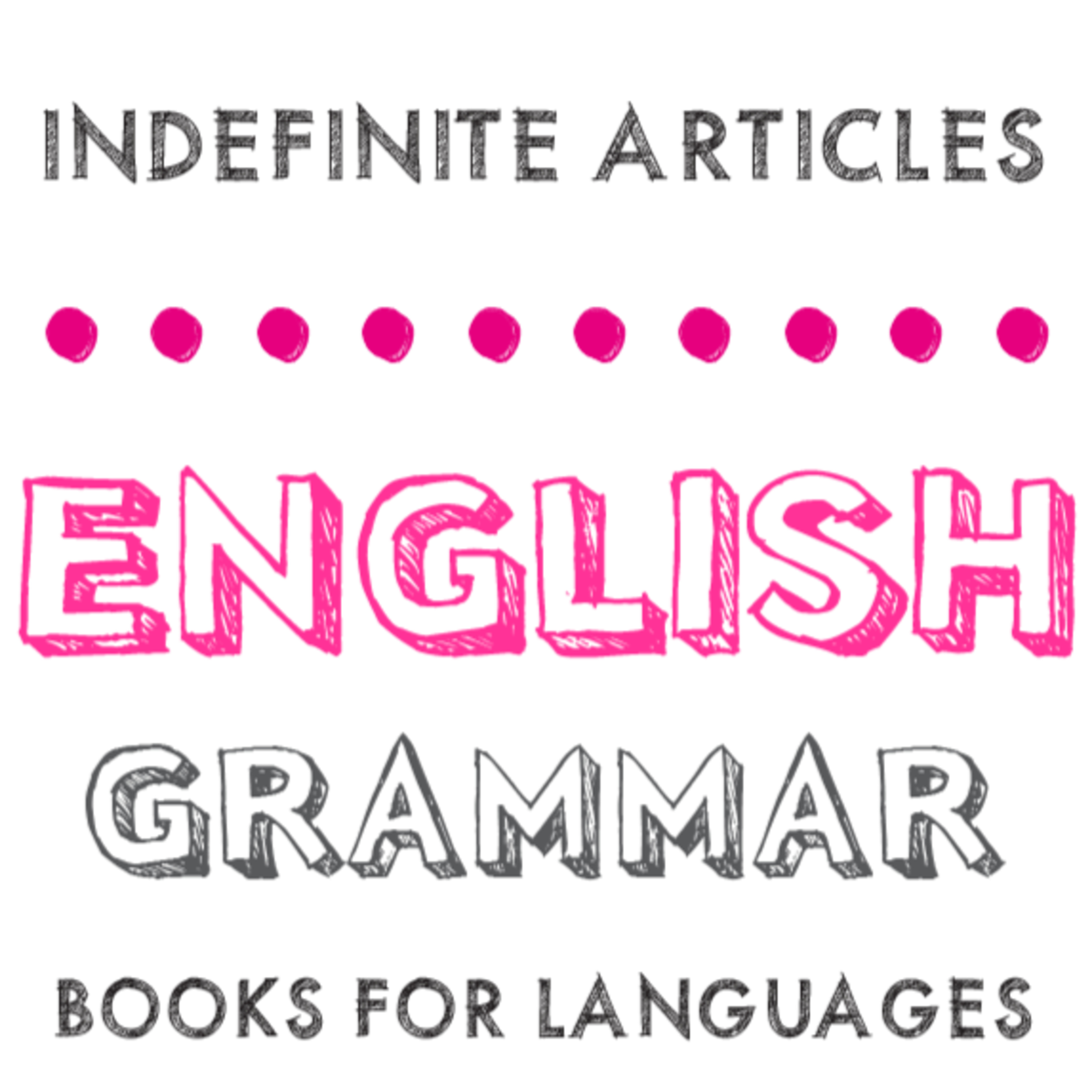
Indefinite Articles
English Grammar A1 Level: Articles are words that define nouns and they belong to the group of words called determiners. Essentially there are two kinds of articles: indefinite and definite.
We use i…
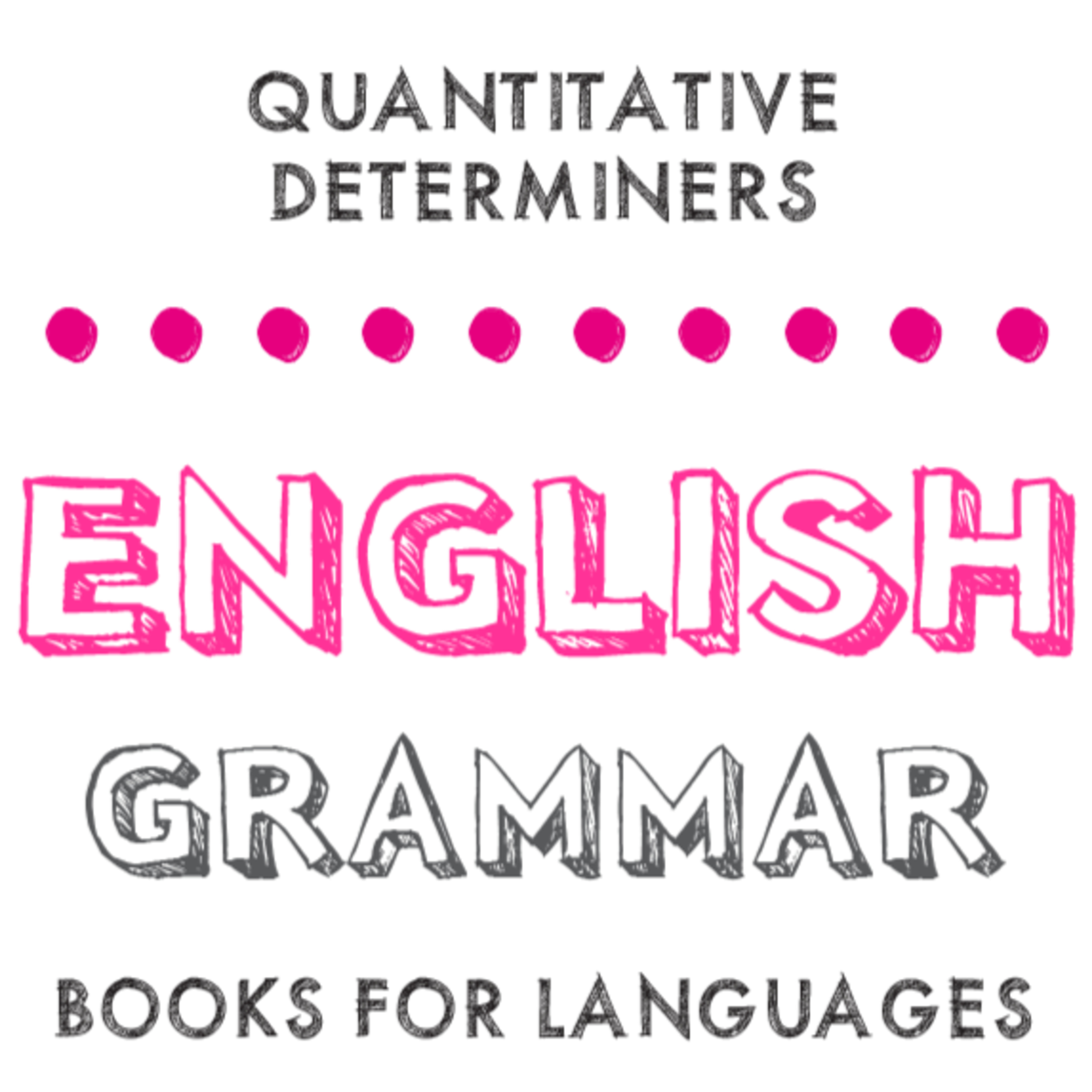
Quantitative Determiners
English Grammar A1 Level: Determiners are modifiers of nouns. They can provide information about which and how much/many people, things… we are talking about.
Quantitative determiners or quantifiers …

There is and There are
English Grammar A1 Level: There is/are are expressions used in sentences that want to confirm, deny or check that something exists.
https://open.books4languages.com/english-a1-grammar/chapter/there-i…
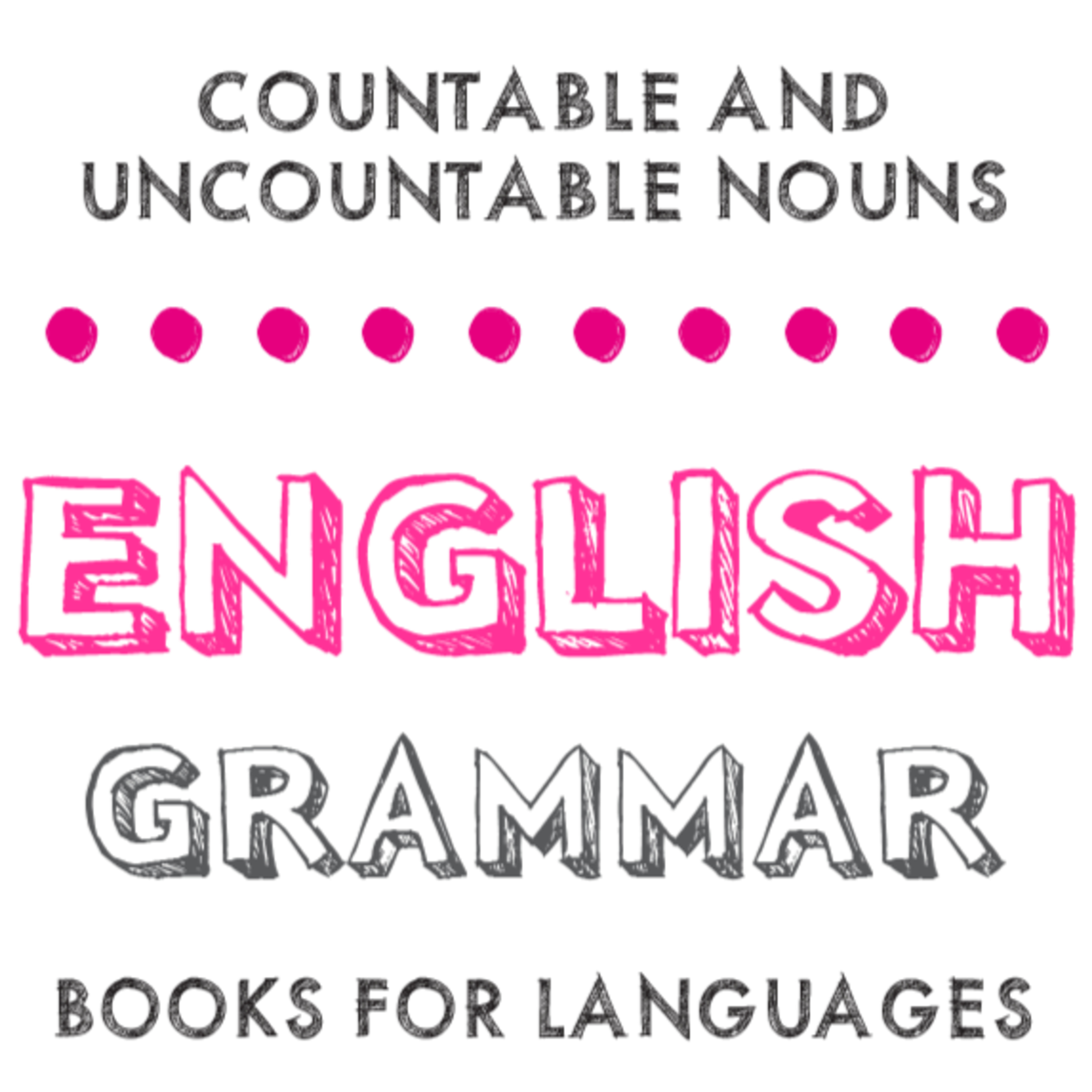
Countable and Uncountable Nouns
English Grammar A1 Level: Nouns refer to a person, place, thing, event, substance or quality.
Countable nouns are nouns considered as separate objects that can be counted with numbers.
Uncountable no…
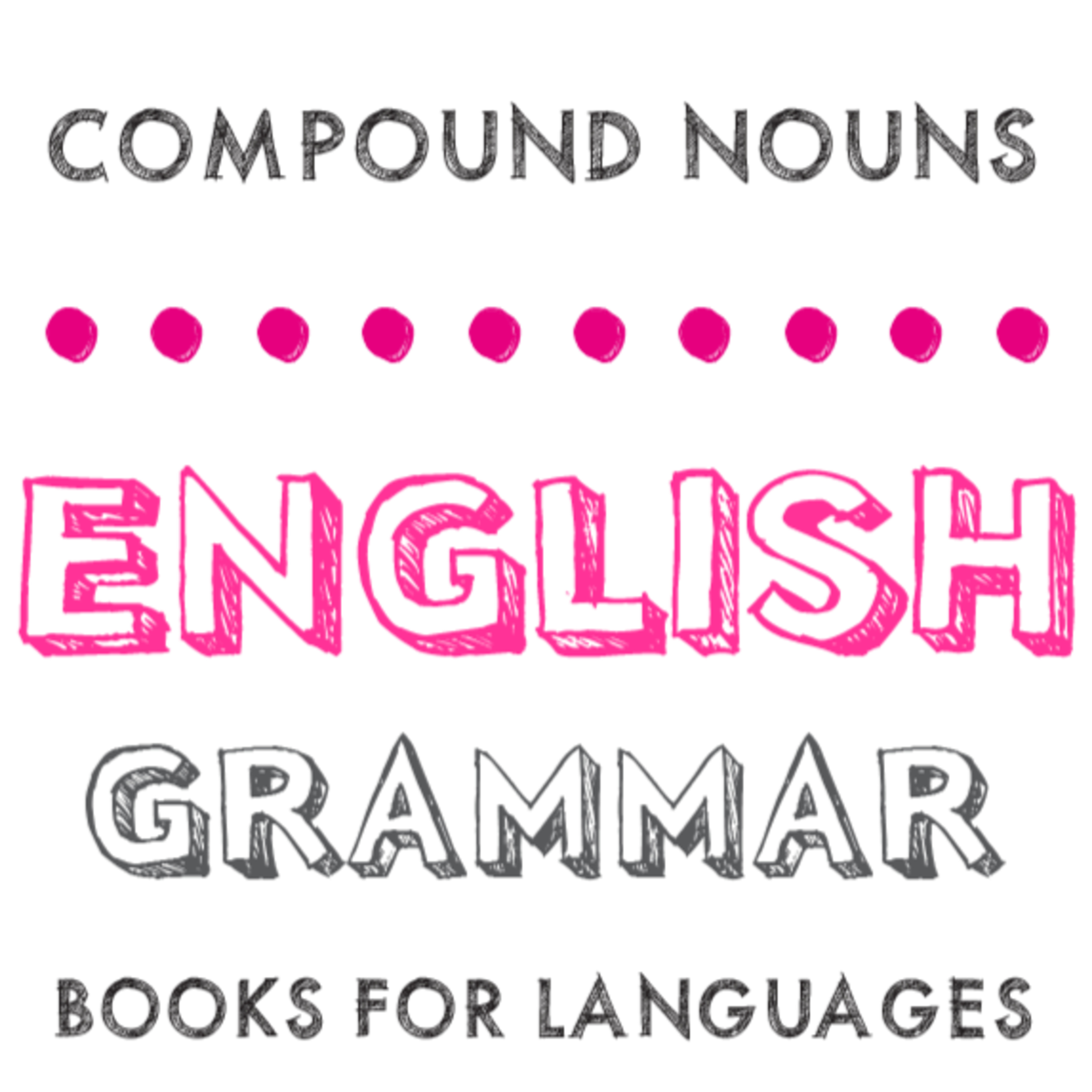
Compound Nouns
English Grammar A1 Level: Nouns refer to a person, place, thing, event, substance or quality.
A compound noun is a noun formed by a combination of words.
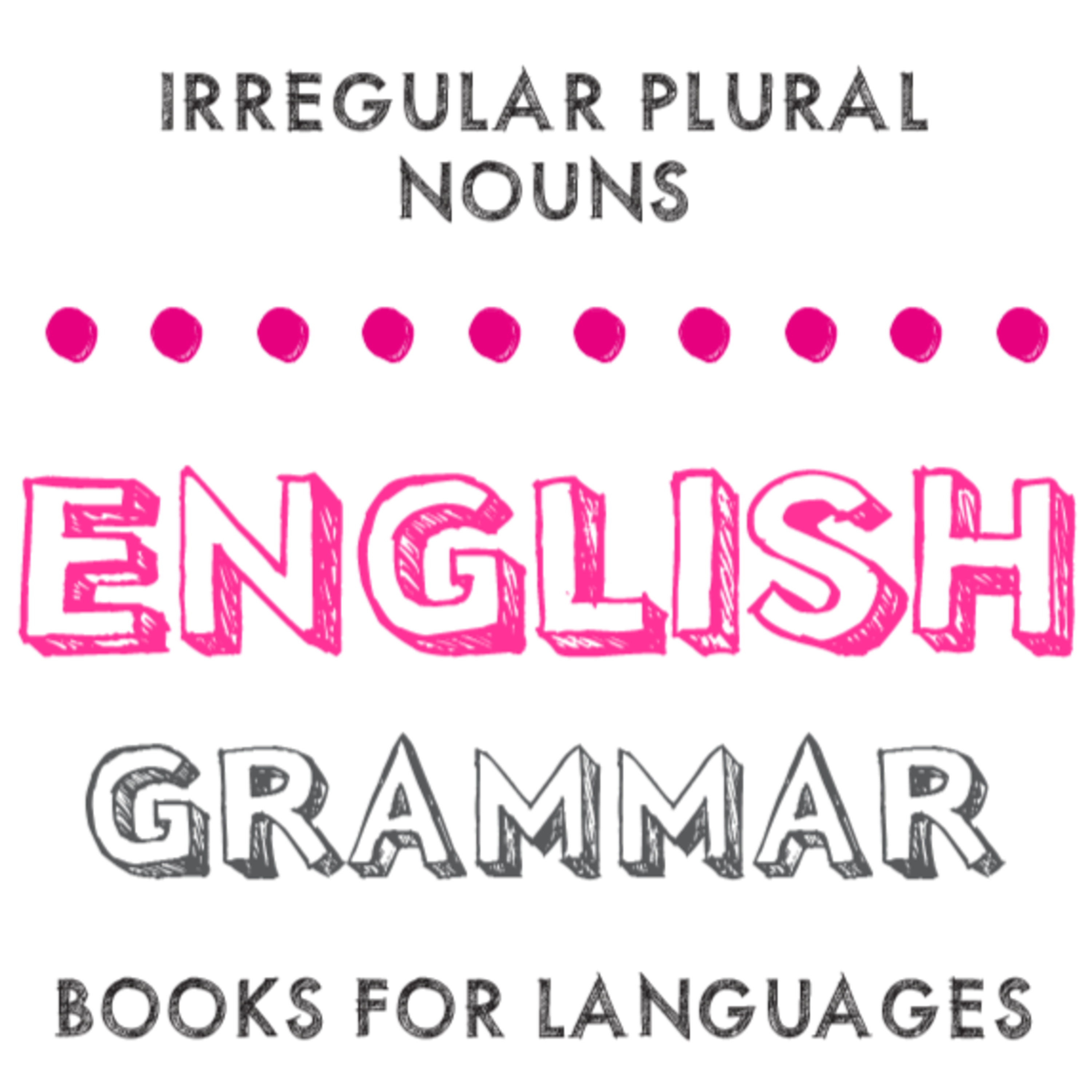
Irregular Plural Nouns
English Grammar A1 Level: Nouns refer to a person, place, thing, event, substance or quality.
Plural form is used to indicate that there is more than one person, animal, place or thing. Some nouns …
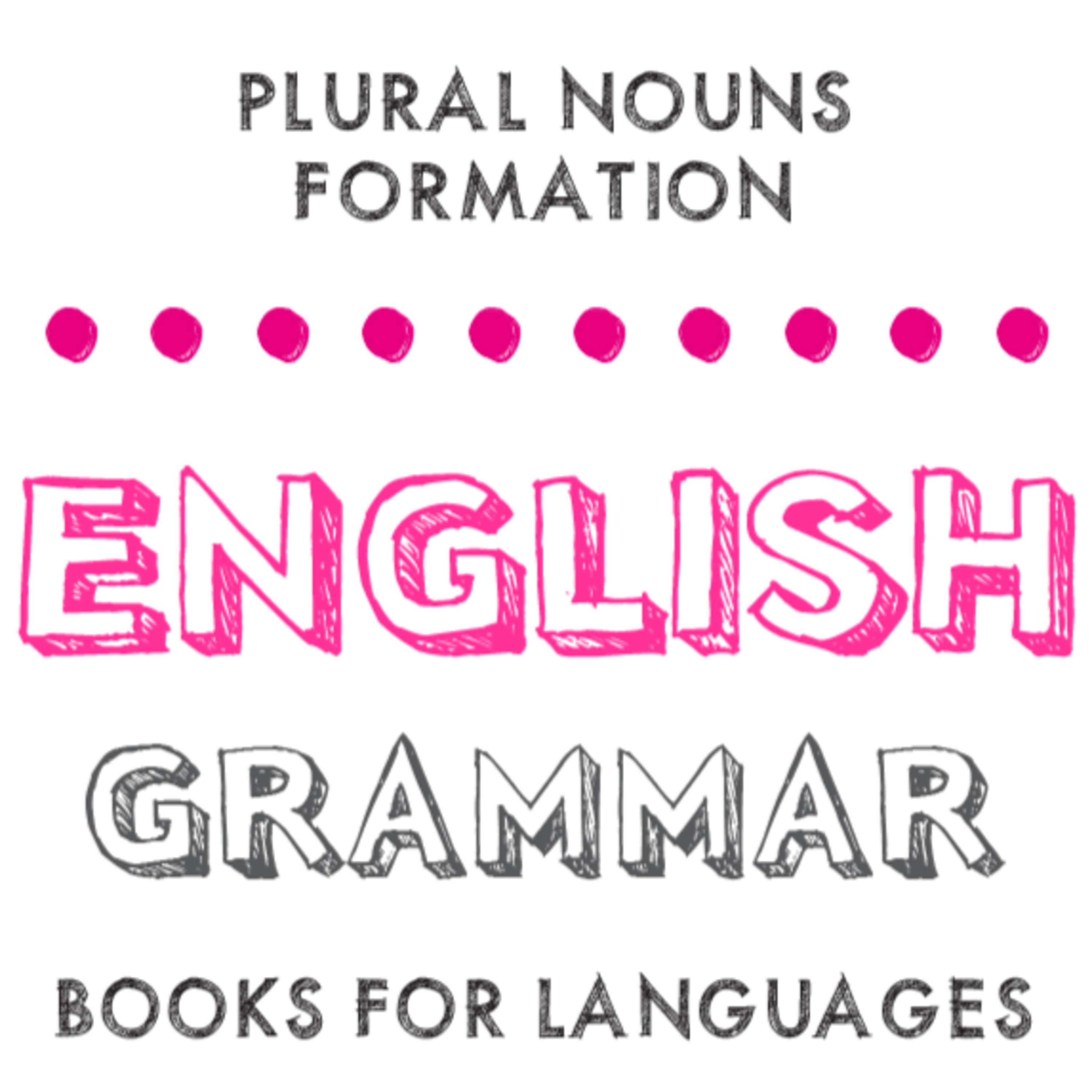
Plural Nouns formation
English Grammar A1 Level: Nouns refer to a person, place, thing, event, substance or quality.
Plural form is used to indicate that there is more than one person, animal, place or thing.
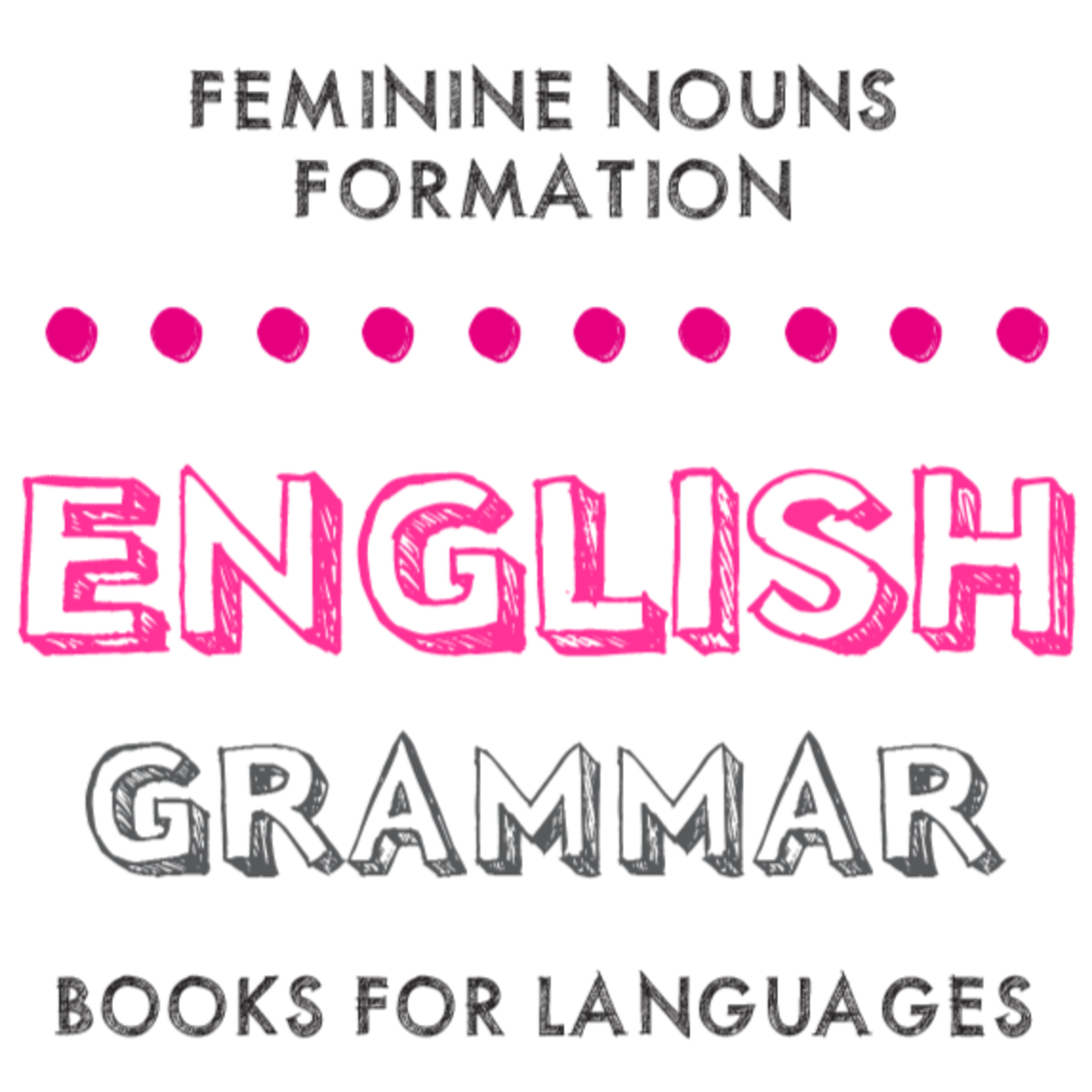
Feminine Nouns formation
English Grammar A1 Level: Nouns refer to a person, place, thing, event, substance or quality.
We can form a feminine version from a masculine noun when the person we’re talking about is a woman.
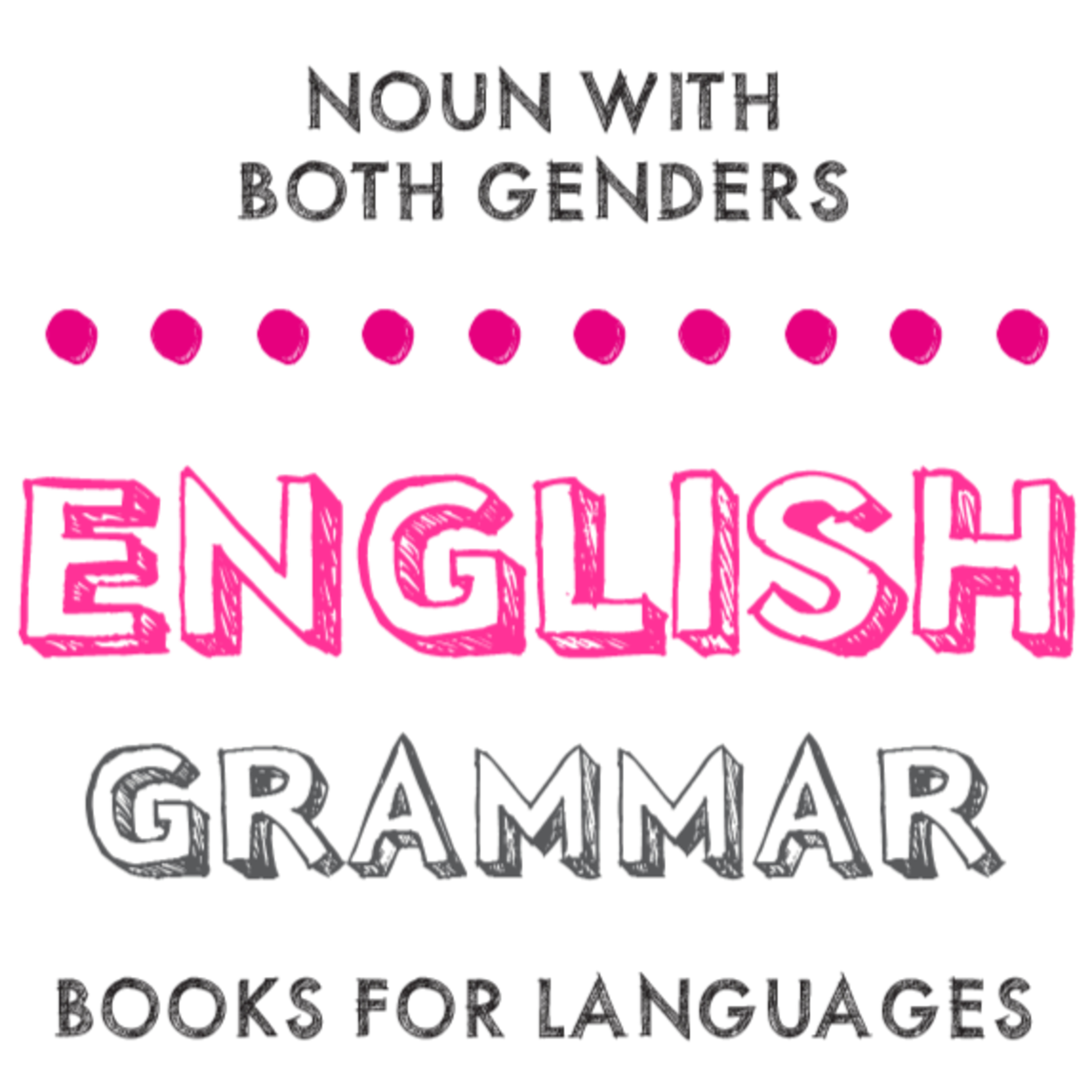
Noun with Both Genders
English Grammar A1 Level: Nouns refer to a person, place, thing, event, substance or quality.
We can find nouns which are the same for masculine and feminine genders.
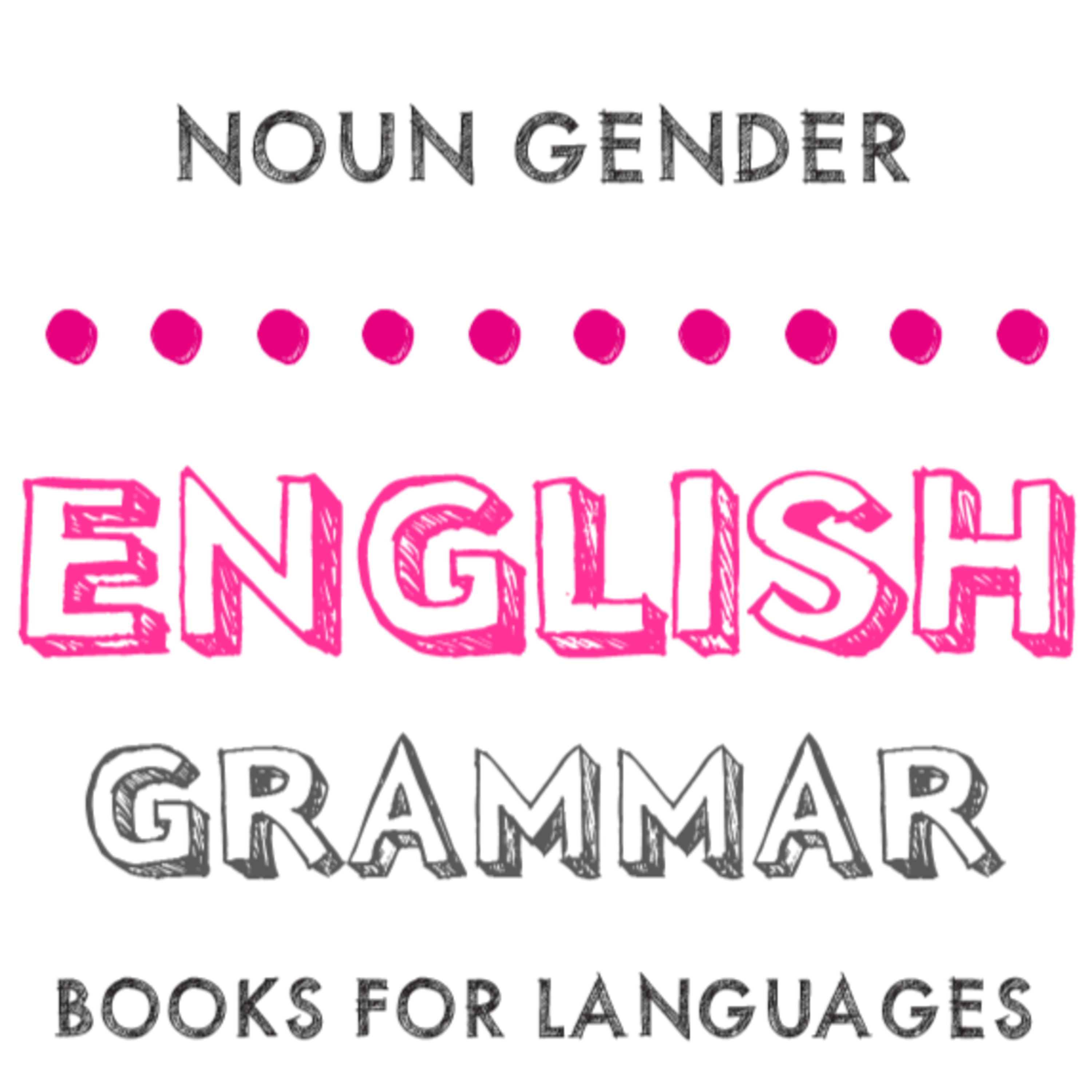
Noun Gender
English Grammar A1 Level: Nouns refer to a person, place, thing, event, substance or quality.
Nouns have three genders: masculine, feminine and neutral.
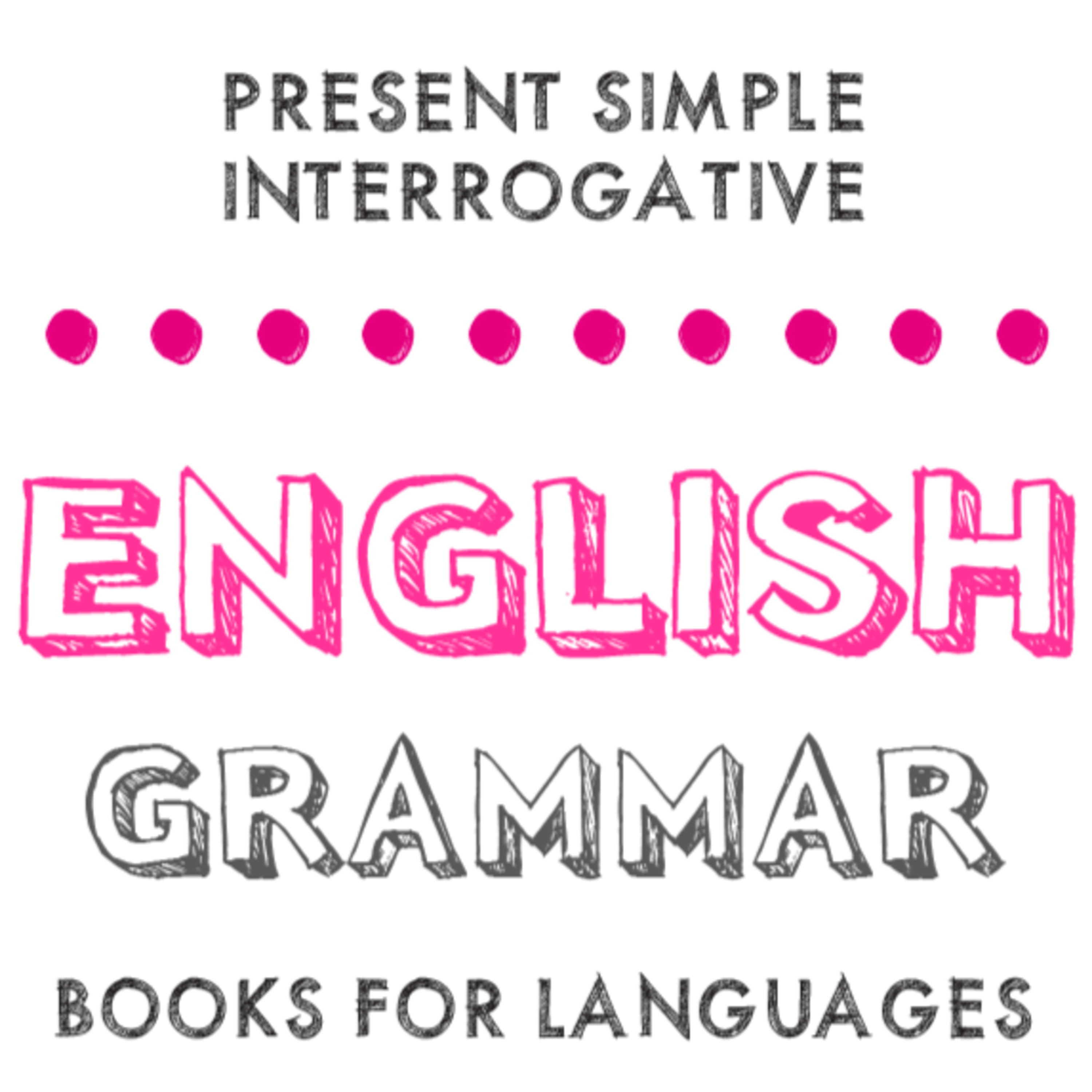
Present Simple Interrogative
English Grammar A1 Level: The present simple is the tense used to express permanent situations or events that regularly repeat or always occur.
When expressed in its interrogative form, the verb is u…
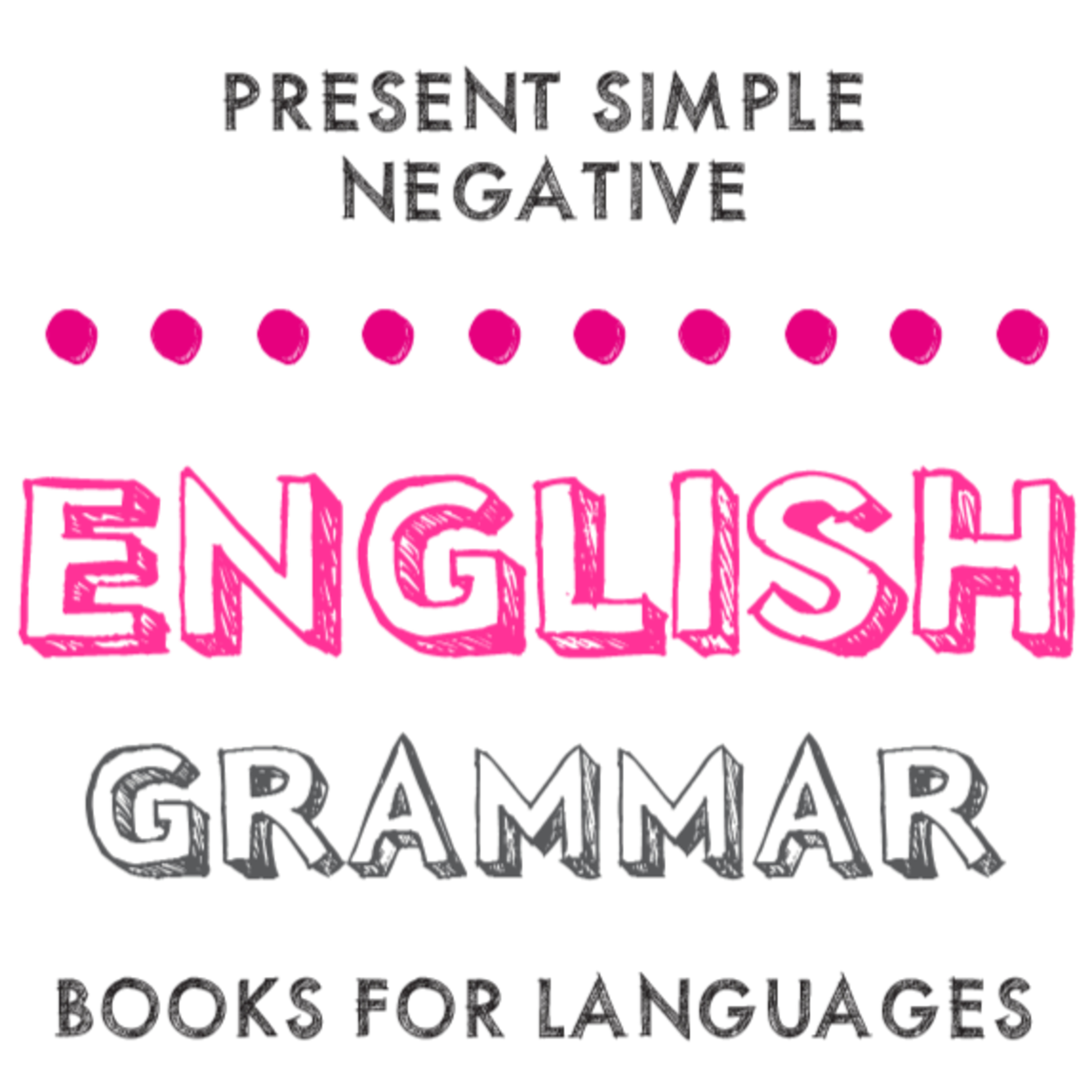
Present Simple Negative
English Grammar A1 Level: The present simple is the tense used to express permanent situations or events that regularly repeat or always occur.
When expressed in its negative form, the verb denies so…
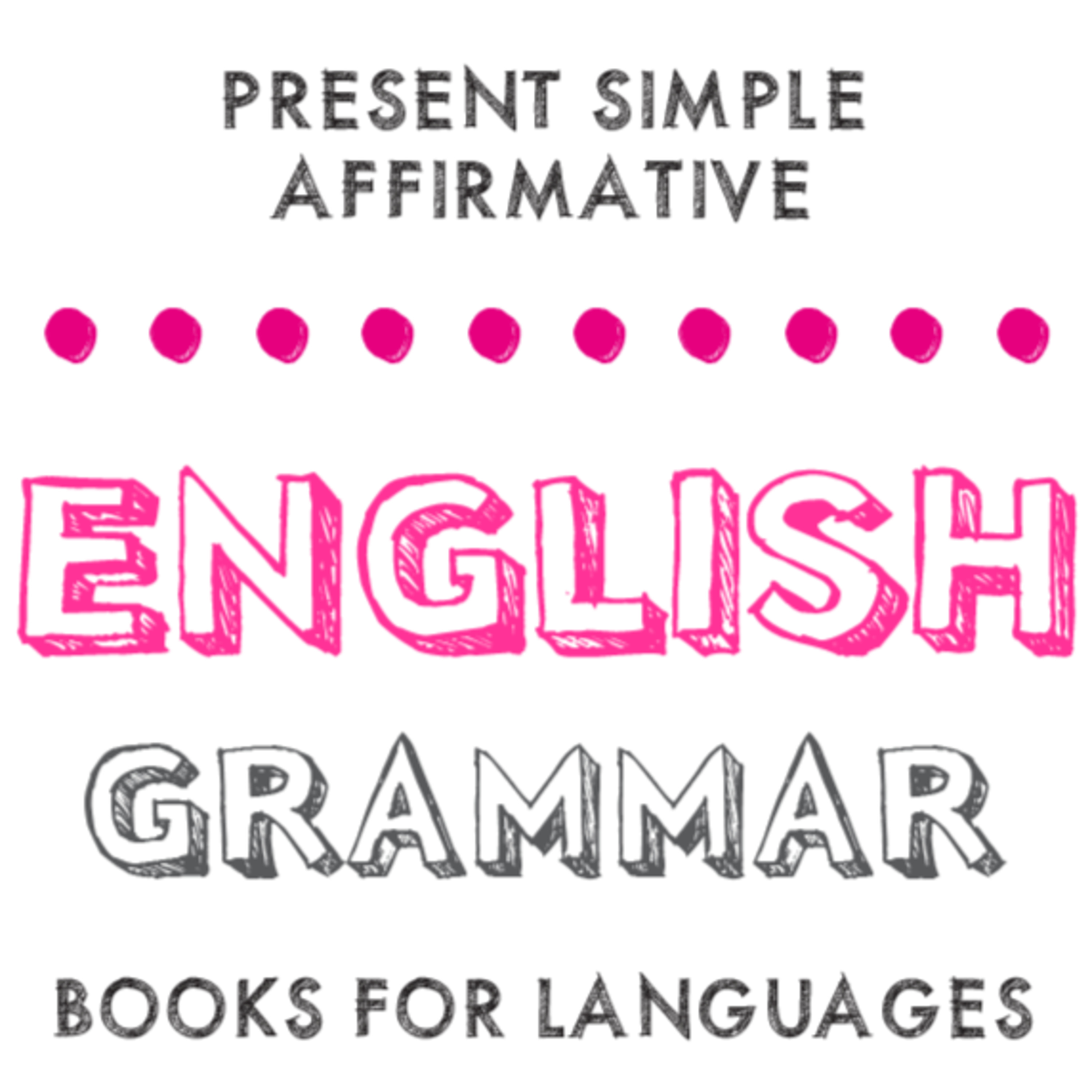
Present Simple Affirmative
English Grammar A1 Level: The present simple is the tense used to express permanent situations or events that regularly repeat or always occur.
When expressed in its affirmative form, the verb confir…
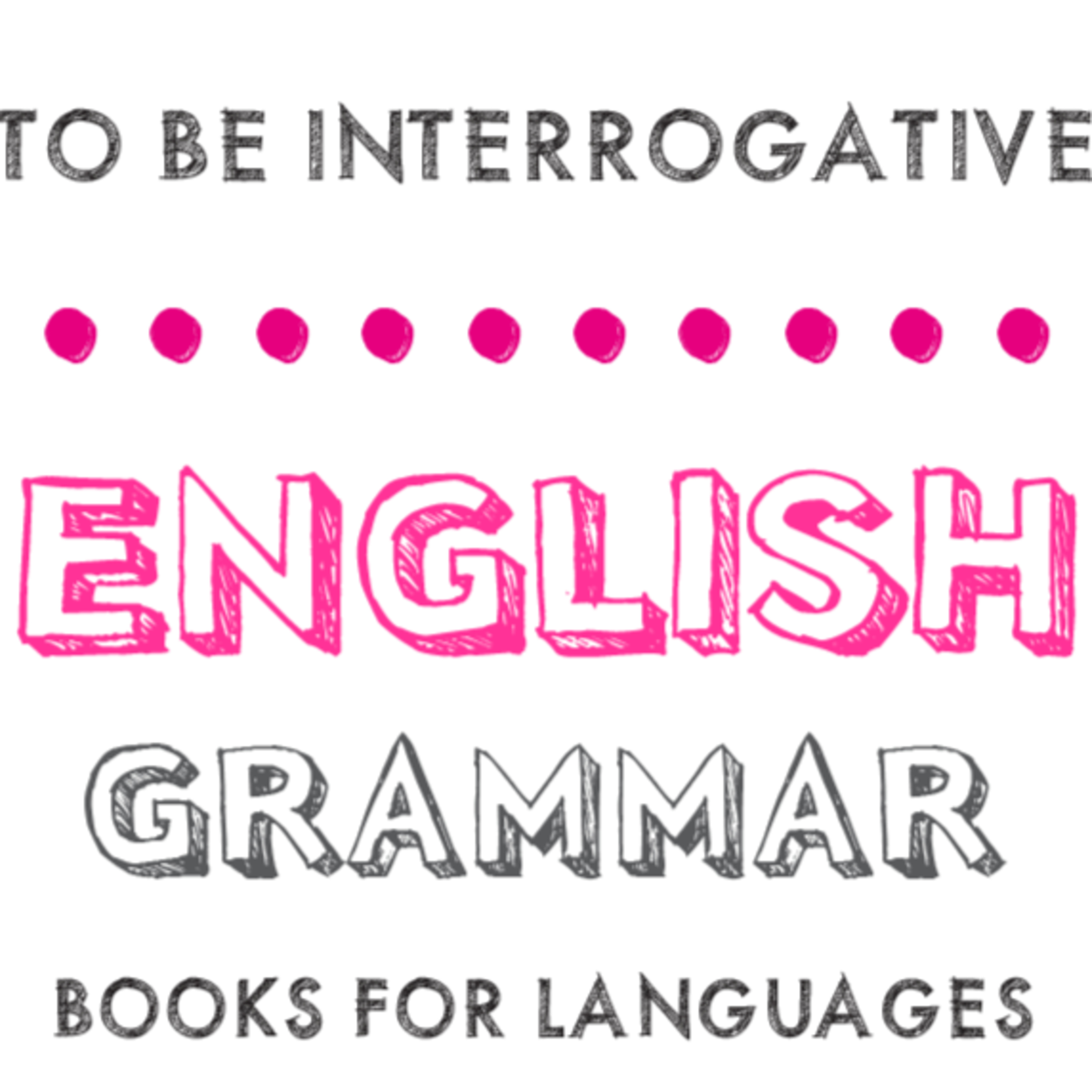
To be Interrogative
English Grammar A1 Level: To be is an auxiliary verb and it is essential in grammar.
When expressed in its interrogative form, the verb is used to ask something about the subject.